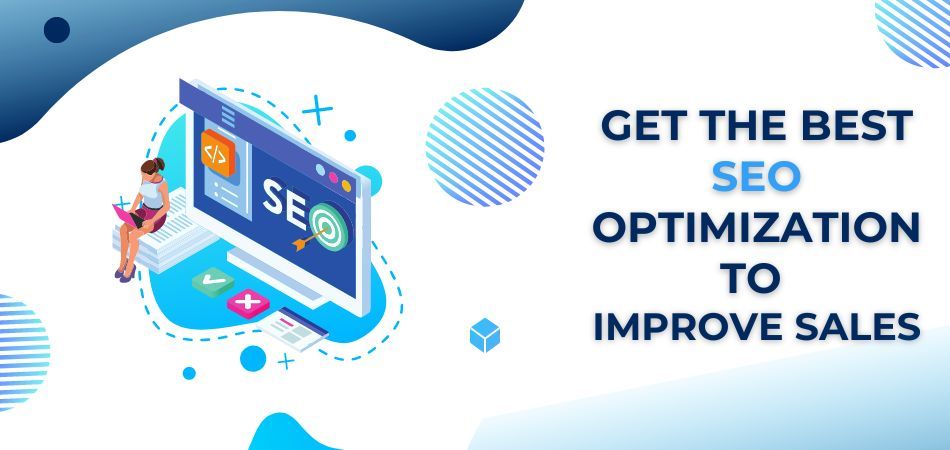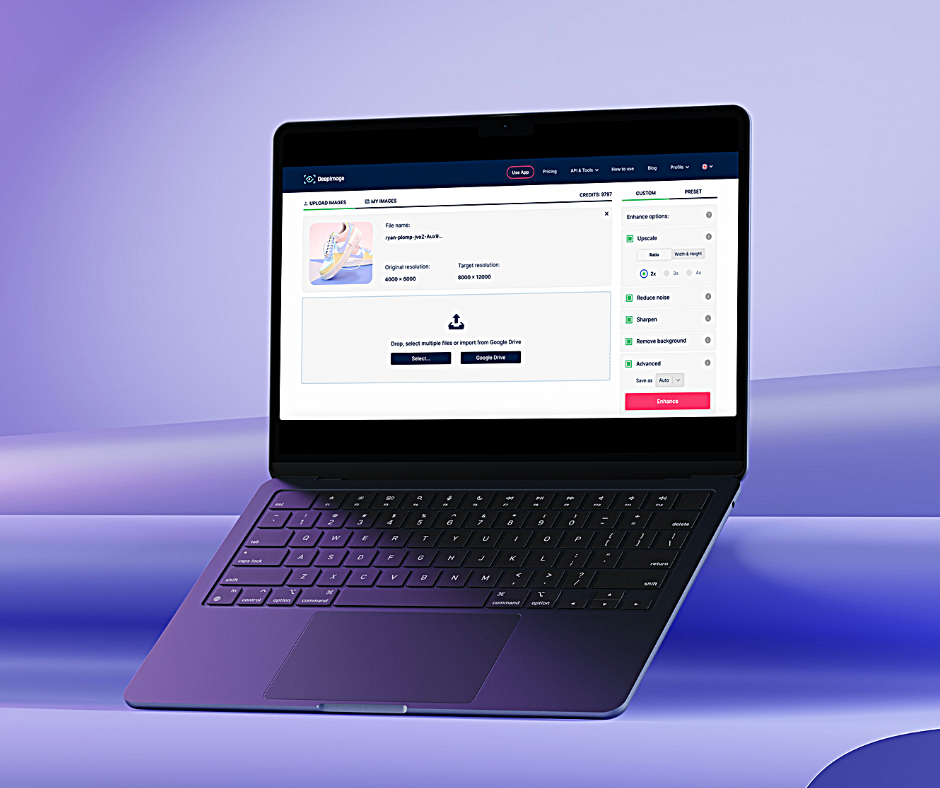The Impact of High-Quality Images on SEO and E-commerce Sales: Leveraging Deep-image.ai for Enhanced Product Imagery

In the competitive world of e-commerce, the quality of product images plays a crucial role in driving online sales. With search engine optimization (SEO) being a key driver of website visibility and organic traffic, optimizing product images becomes imperative for e-commerce businesses.
This article explores the significance of high-quality images in SEO and provides valuable tips to enhance SEO and boost sales. Furthermore, we will delve into the application of Deep-image.ai, an AI-based photo enhancer, to optimize product images and maximize their impact on SEO and e-commerce success.
The SEO Advantage of High-Quality Images
When it comes to SEO, high-quality images are not merely aesthetic enhancements; they significantly contribute to search engine rankings and user experience.
Search engines prioritize websites with visually appealing, relevant, and high-resolution images, as they enhance user engagement and reduce bounce rates. Including descriptive alt tags, relevant filenames, and optimizing image file sizes also play a crucial role in improving SEO and overall website performance. Agency Platform highlights that keeping image metadata concise yet keyword-rich ensures your visual content aligns with search intent, further boosting your SEO performance.
Moreover, high-quality images have the potential to attract inbound links from other websites, which further boosts SEO by increasing the website's authority and visibility. By investing in visually captivating and optimized images, e-commerce businesses can create a compelling online presence that captivates both search engines and potential customers.

Optimizing Image Metadata and Alt Tags
To enhance SEO, it is essential to optimize image metadata and alt tags. Metadata includes file names, captions, and descriptions, which should be concise, keyword-rich, and reflective of the product or content.
Alt tags, or alternative text, provide textual descriptions of images for search engine crawlers and visually impaired users. Including relevant keywords in alt tags helps search engines understand the image context, leading to better indexing and improved visibility in search results.
By carefully selecting and incorporating relevant keywords into image metadata and alt tags, e-commerce websites can align their visual content with targeted search queries, increasing the chances of attracting organic traffic.
This optimization strategy not only enhances SEO performance but also ensures that images are accessible and informative for all users, regardless of visual impairments.

Enhancing Image Loading Speed
Fast-loading webpages are vital for SEO and user experience. Large, uncompressed images can significantly slow down page load times, negatively impacting SEO rankings and user engagement.
To optimize image loading speed, consider compressing images without compromising quality. Tools like Deep-image.ai utilize AI algorithms to enhance image quality while reducing file sizes, resulting in faster loading times and improved SEO performance.
Implementing image compression techniques not only improves loading speed but also ensures that your website remains accessible and user-friendly across different devices and network conditions.
By utilizing Deep-image.ai's advanced AI algorithms, you can strike a balance between high-quality visuals and optimized loading times, enhancing both SEO rankings and user experience for your e-commerce platform.

Mobile Optimization for Image SEO
In the era of mobile dominance, optimizing images for mobile devices is crucial. Mobile optimization includes responsive image design, ensuring that product images adapt to different screen sizes without compromising quality.
Implementing lazy loading, which defers image loading until the user scrolls to them, can also improve mobile SEO performance by reducing page load times. As mobile usage continues to rise, prioritizing mobile optimization contributes to higher visibility and improved user experience, ultimately driving e-commerce sales.
Furthermore, optimizing images for mobile devices not only improves SEO but also caters to the growing number of mobile users, ensuring a seamless browsing experience and higher chances of conversion.
By implementing mobile optimization techniques such as lazy loading, e-commerce businesses can provide faster page load times, reducing user frustration and increasing the likelihood of completing a purchase on mobile devices.

Harnessing Deep-image.ai for Enhanced Product Imagery
Deep-image.ai is an AI-based photo enhancer that utilizes advanced machine learning algorithms to enhance image quality. By leveraging this technology, e-commerce businesses can optimize product images for SEO, ensuring better visibility in search engine results pages.
Deep-image.ai can improve image sharpness, color accuracy, and overall visual appeal, resulting in increased user engagement, reduced bounce rates, and ultimately, higher conversion rates and sales.
Furthermore, Deep-image.ai's AI-powered capabilities go beyond basic image enhancement, allowing e-commerce businesses to showcase their products in the best possible light. With improved image sharpness, color accuracy, and overall visual appeal, businesses can captivate their audience, build trust, and drive more conversions, ultimately boosting their e-commerce sales.

Conclusion
In the competitive realm of e-commerce, high-quality product images have a profound impact on SEO and overall sales.
By optimizing image metadata, alt tags, and loading speed, and by prioritizing mobile optimization, businesses can improve their search engine rankings, user experience, and ultimately, their bottom line.
Additionally, employing AI-based photo enhancers like Deep-image.ai enables e-commerce businesses to enhance product imagery and maximize their SEO potential. Embrace the power of high-quality images and AI technology to unlock the full potential of your e-commerce business in today's digital landscape.

